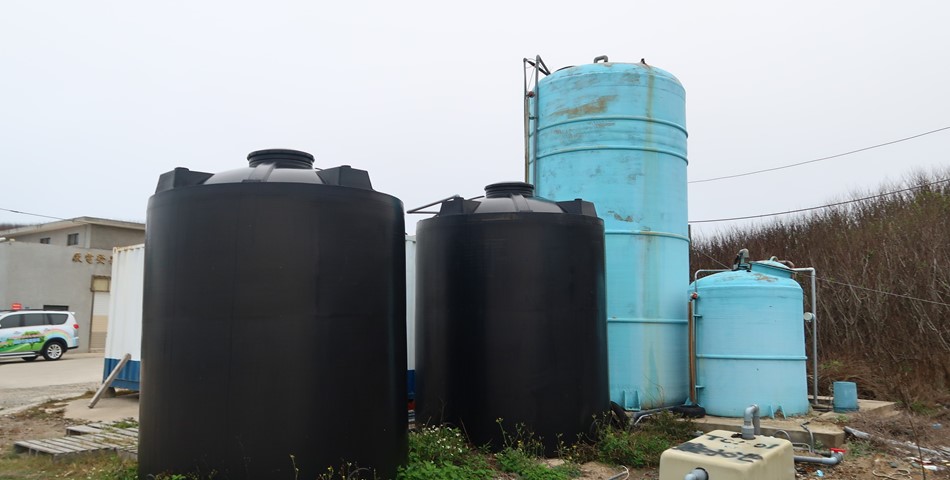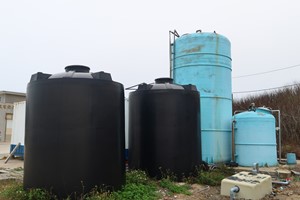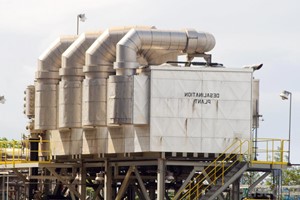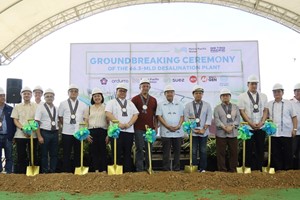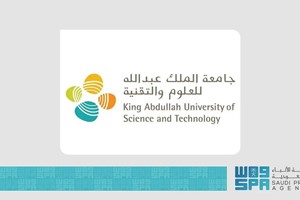In an era marked by broken promises and unmet climate goals, OCP Group stands out as a beacon of progress, steadily advancing toward its 2028 objective of sourcing water solely from sustainable sources. Through years of dedication and substantial investments, OCP Group is poised to achieve its milestone of relying solely on "non-conventional" water sources by 2028, thereby alleviating pressure on Morocco's strained water reservoirs.
As Morocco's largest company, OCP Group is deeply attuned to the nation's enduring water crisis. Recognizing the unsustainable nature of the phosphate fertilizer industry's reliance on millions of liters of fresh water for mining, transportation, and production processes, OCP embarked on a transformative journey to reduce its water footprint and seek alternative, sustainable water sources within Morocco's arid landscape.
In collaboration with Mohammed VI Polytechnic University, OCP Group has leveraged cutting-edge technology to pioneer solutions that minimize its environmental impact while maintaining essential fertilizer production. Central to this effort is the substantial investment in desalination technology, enabling the conversion of seawater into fresh water for industrial use. To date, OCP Group has desalinated an impressive 25 million cubic meters of water, equivalent to filling 10,000 Olympic-sized swimming pools since setting its ambitious targets.
However, the energy-intensive nature of desalination poses a challenge, prompting OCP Group to prioritize green energy investments to power its operations sustainably. Presently, the company meets 86% of its energy needs through renewable sources, a figure projected to reach 100% by 2030. This commitment translates into OCP Group contributing 25% of Morocco's total clean energy output, generating 400 GWh annually, sufficient to power all of its mining facilities.
Moreover, OCP Group has significantly reduced its reliance on freshwater sources by utilizing recycled water for 80% of its phosphate enrichment processes. Notable examples include the Khouribga plant, which annually recycles 5 million cubic meters of wastewater sourced from Moroccan cities, and the Jorf Lasfar desalination plant, capable of desalinating 40 million cubic meters of seawater annually.
Furthermore, advancements in technology have enabled OCP Group to optimize its water usage in critical infrastructure such as slurry pipelines, resulting in a reduction of 3 million cubic meters of water consumption. As the company expands its operations with the goal of supplying vital fertilizers to the African continent, its sustainability targets evolve to encompass the broader spectrum of stakeholders, prioritizing the well-being of local communities and the millions reliant on OCP's products.
OCP Group's unwavering commitment to sustainability not only positions it as an industry leader but also underscores its dedication to fostering a prosperous and equitable future for all stakeholders. Through innovation, collaboration, and responsible practices, OCP Group sets a precedent for corporate stewardship in an era defined by environmental challenges.
By Jasper Hamann



